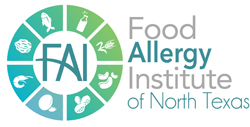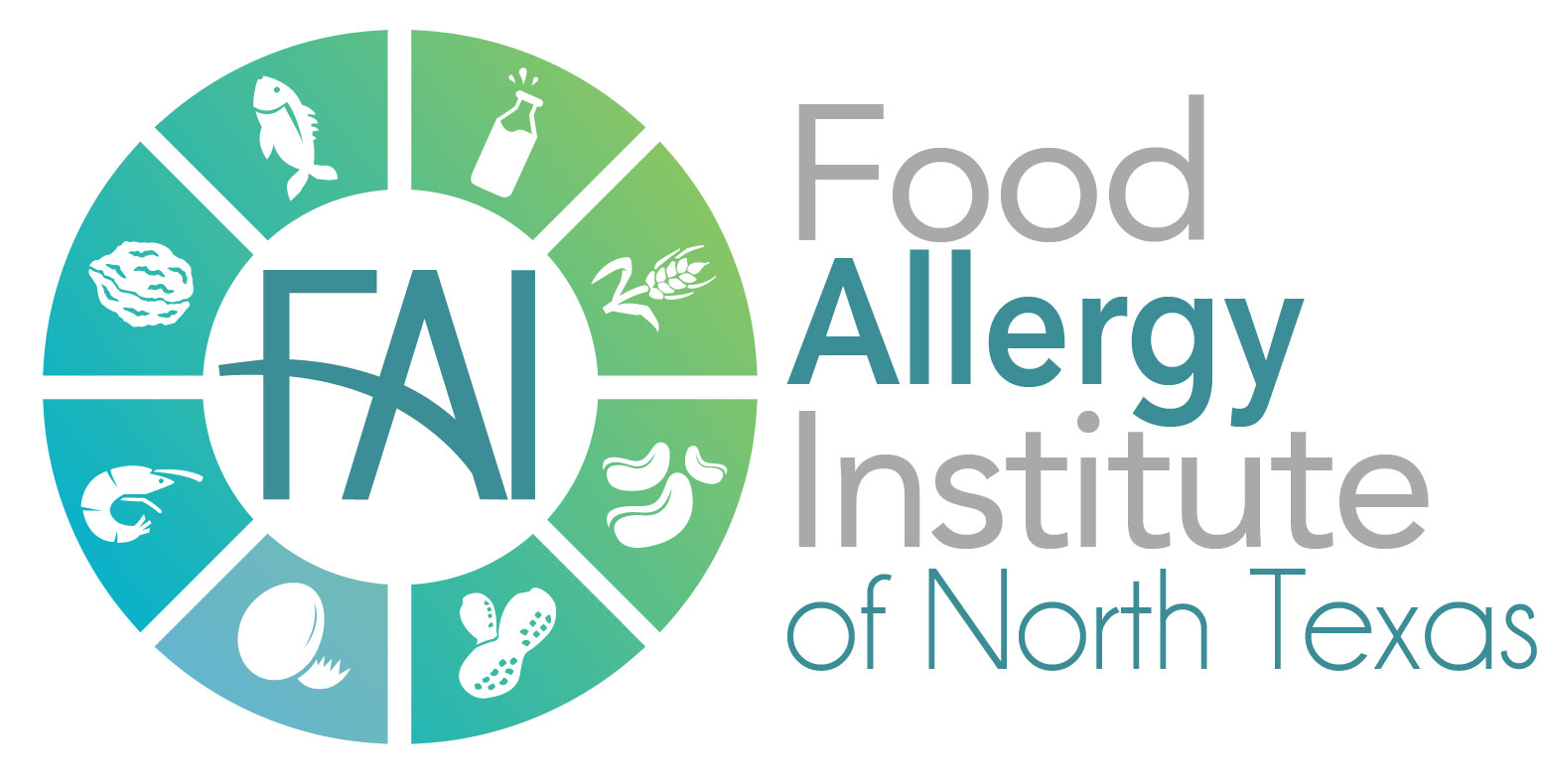23 Aug Common Food Allergy FAQ’s
Is peanut oil safe for a peanut allergic individual?
Refined peanut and soybean oils are generally safe for allergic individuals as they do not contain protein, the component of food that causes an allergic reaction. If a peanut oil is listed as: cold pressed, expeller pressed, or extruded they may not be safe, however, these varieties are expensive and not widely used by food manufacturers.
Does cooking the food remove the allergen?
Cooking may reduce the allergic potential in some foods (e.g. baked egg, baked milk), however this is highly variable. The decision to give an individual (usually a child) a food containing a cooked food allergen (e.g. baked egg or baked milk in a muffin or biscuit) should be made by your child’s board certified allergist. If a board certified allergist thinks an individual is likely to tolerate baked milk or egg, the individual will usually have an oral food challenge. Oral food challenges may be done in a hospital setting where medical assistance and facilities are available, as severe reactions can, and do, occur. These should not be performed at home.
If I am allergic to peanuts or tree nuts, will I also be allergic to coconut?
Allergic reactions to peanut and tree nuts are relatively common, estimated to occur currently in around 1/100 infants and 1/200 to 1/500 adults. By contrast, allergic reactions to coconut are relatively rare.
Family member has peanut/nut allergy. Can we put peanut shells in our garden compost?
It is definitely important to take into account allergies that your family member have in order to keep them safe. In some cases, peanut dust can become airborne and affect people with allergies. Normally, doctors recommend that — for this reason — people with food allergies do not consume food processed somewhere that also uses nuts or other allergens. Although an airborne reaction is very rare it is still possible therefore risk should be minimized.
What are the chances of having a reaction to something in public, say a doorknob or an item in a store?
Trace amounts of peanut can cause a reaction for some allergic people. Casual contact with peanuts, such as touching peanuts, is less likely to trigger a severe reaction, though this is risk for people with severe allergies.
Casual contact becomes a concern if the area that comes into contact with peanuts then comes into contact with the eyes, nose or mouth. For example, a child with peanut allergy may react after she touches a restaurant table cloth with peanut butter residue, and then rubs her eyes.
To avoid contact reactions, cleaning is crucial and you should always have sanitary wipes on hand in any public place. Be cautious of your surroundings and types of places that have increased risk of contact contamination.


